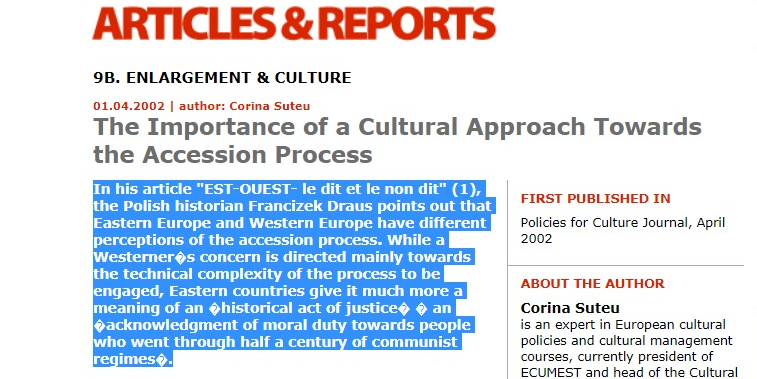All posts by admin
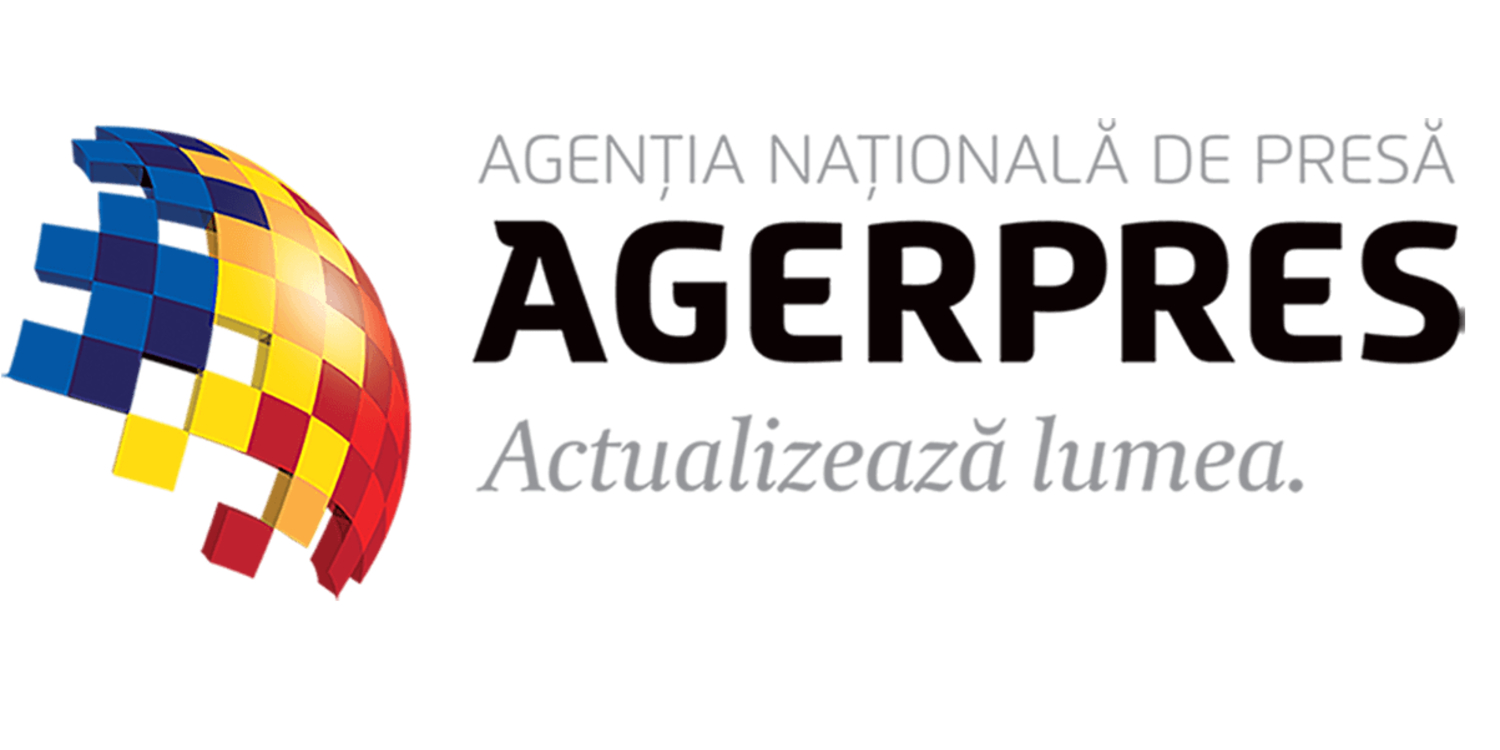
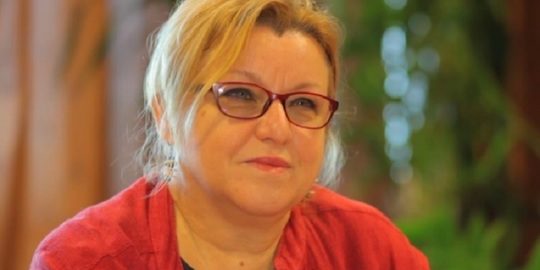
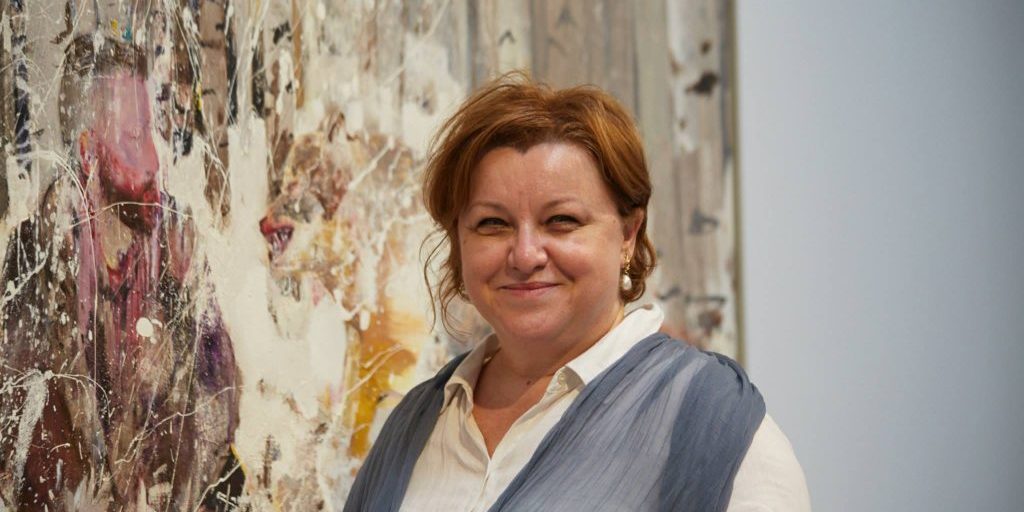
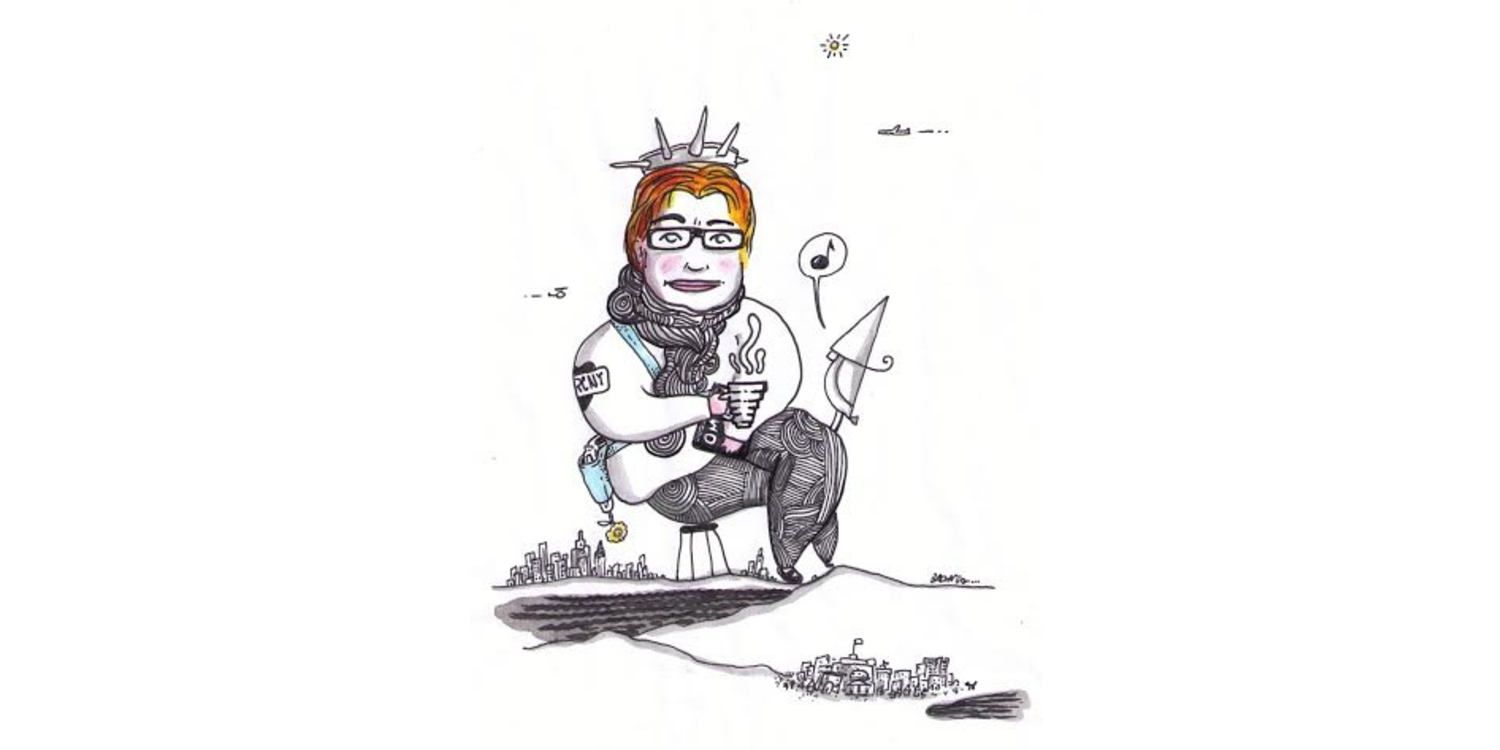
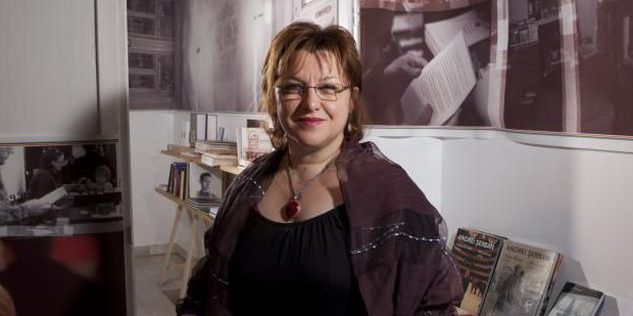
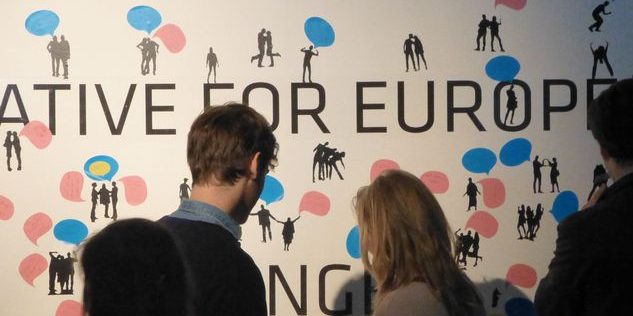
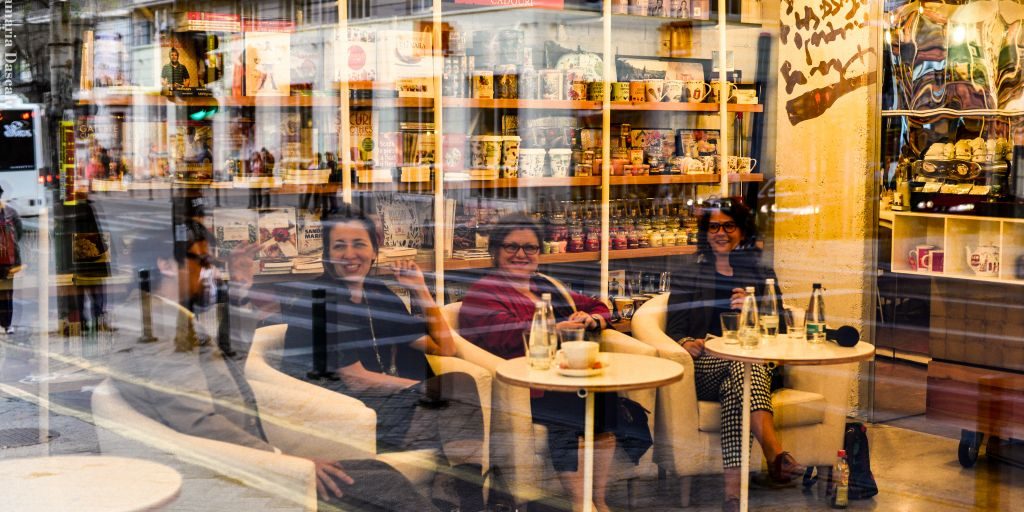
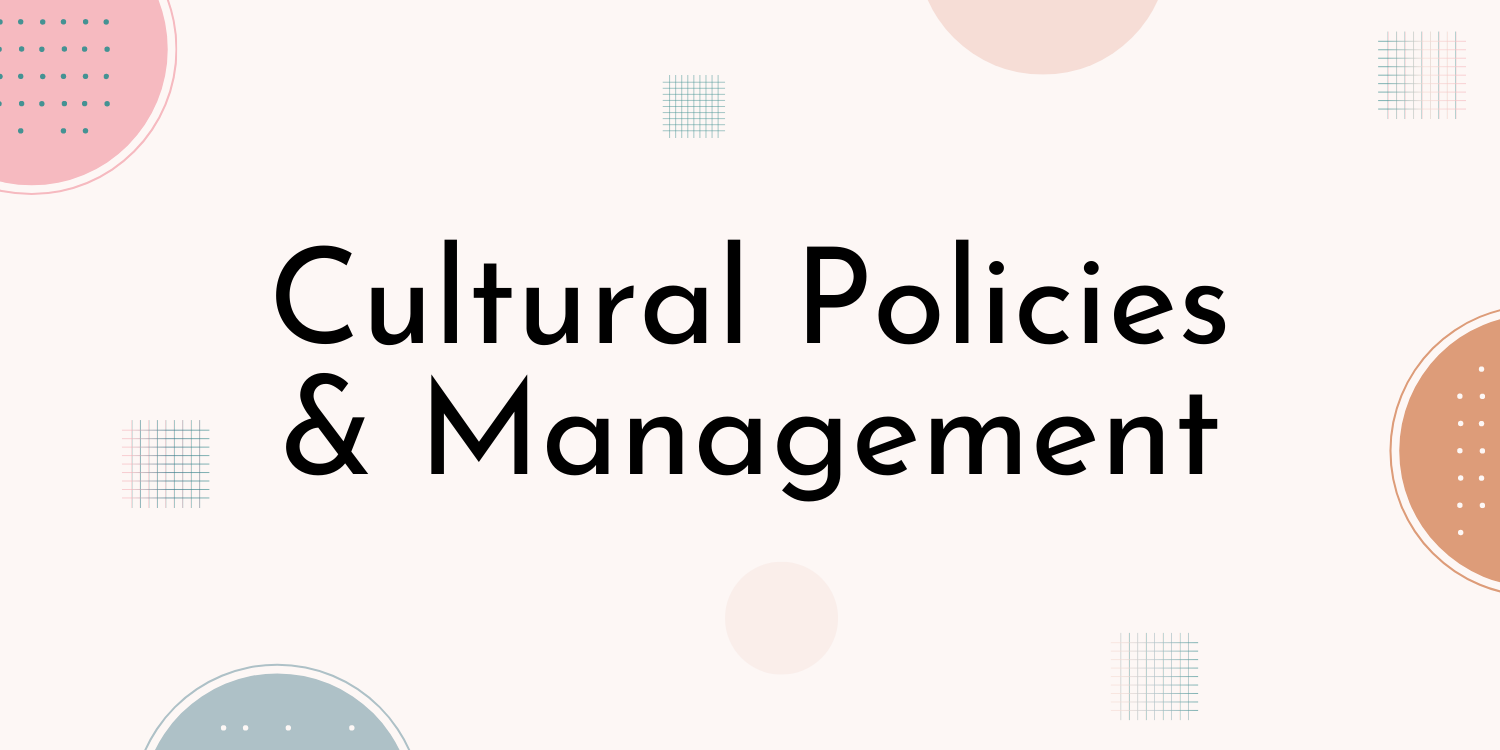
On Creative Connections Innovative Change and Change in the Arts
Looking at the evolution of international cultural
cooperation and the parameters affecting it, Corina
Şuteu analyses current challenges and the ongoing
change of cultural paradigms. She argues that cultural
actors should take an active role, abandoning utilitarian
conceptions of culture and raising it up instead to
its true value in society. She also suggests the need
for a deeper understanding of the positive impact that
past generations of cultural actors have had and the need
to empower individuals to build strategies for change.


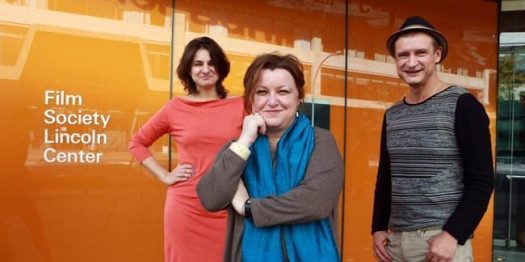
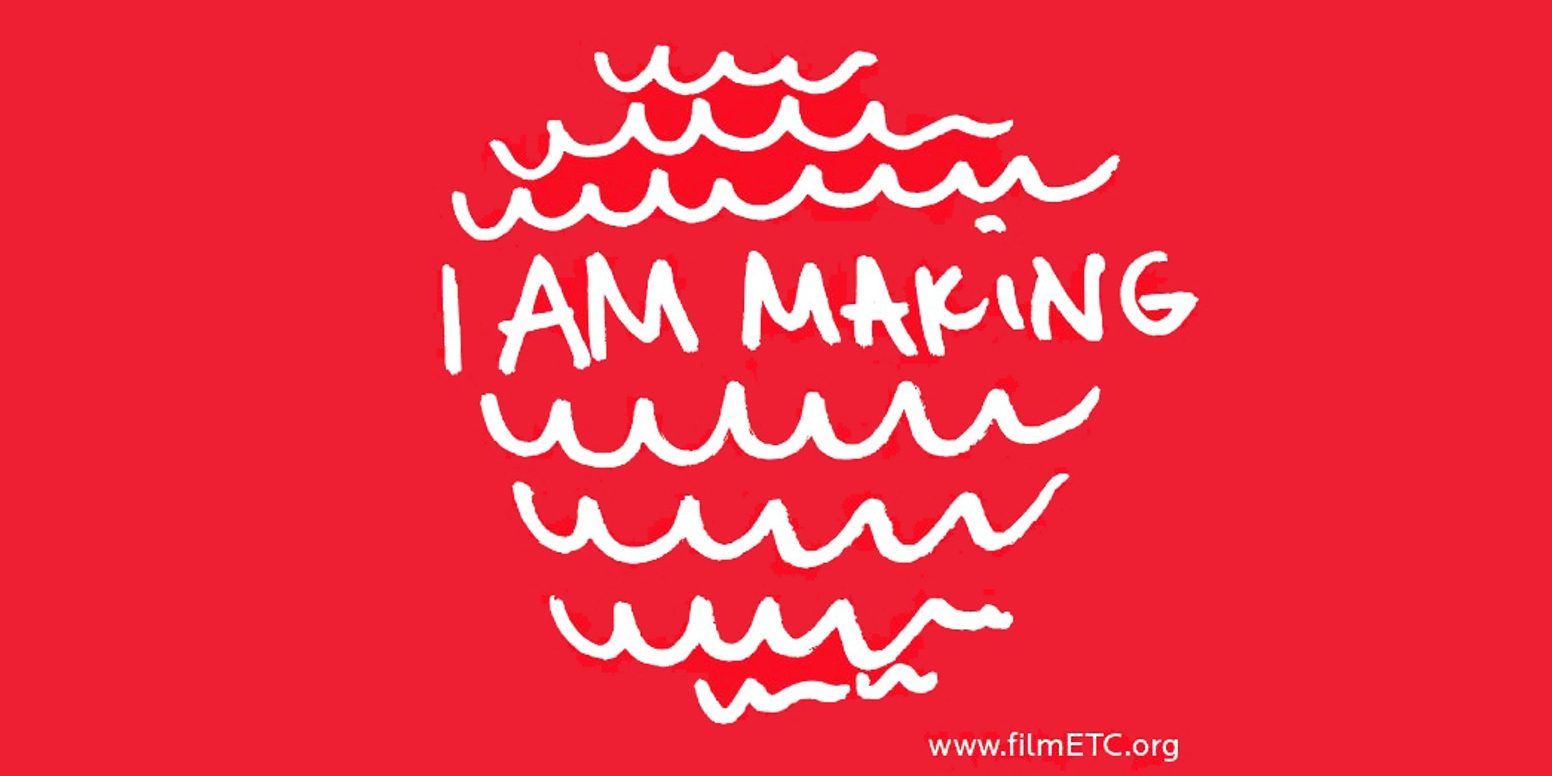
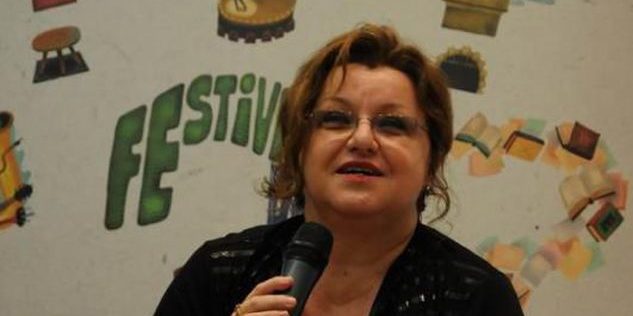


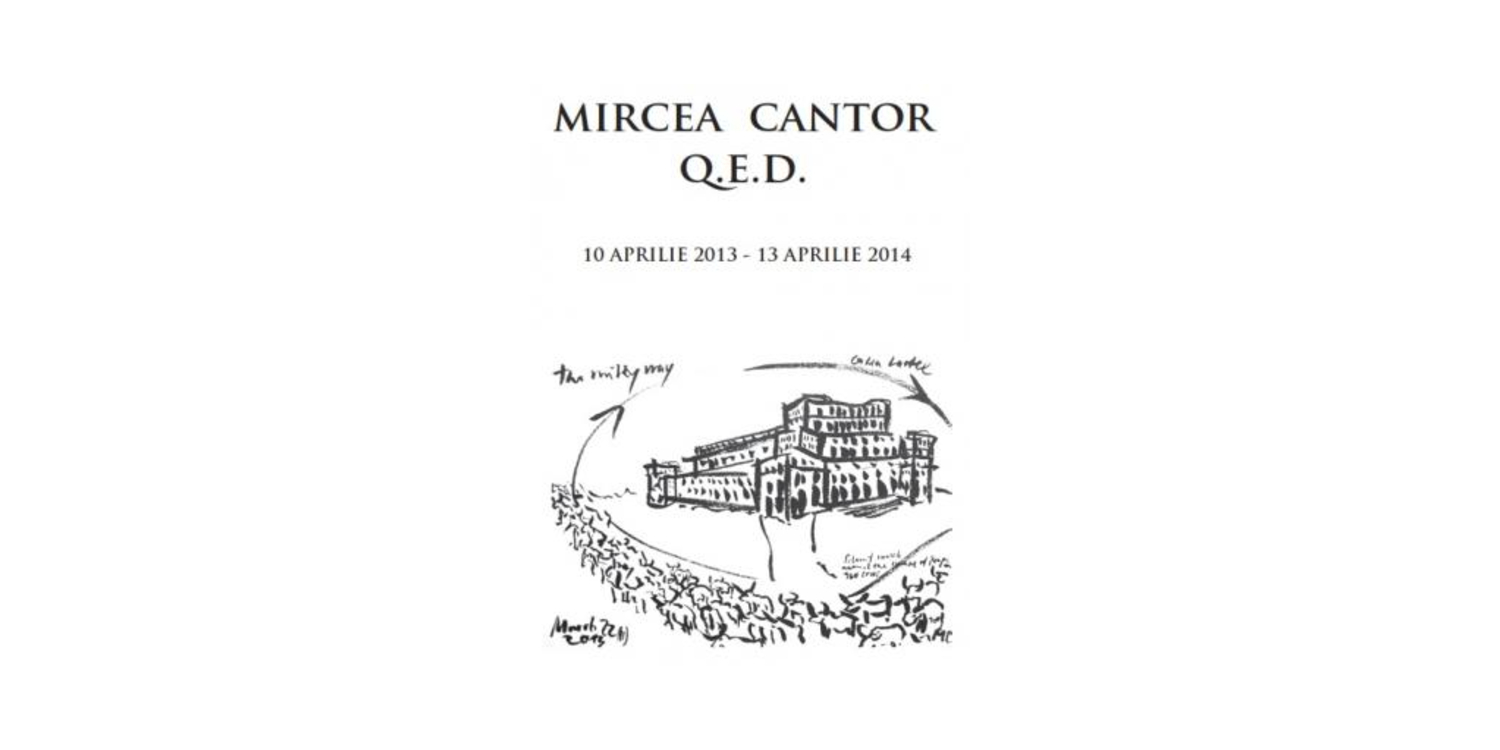
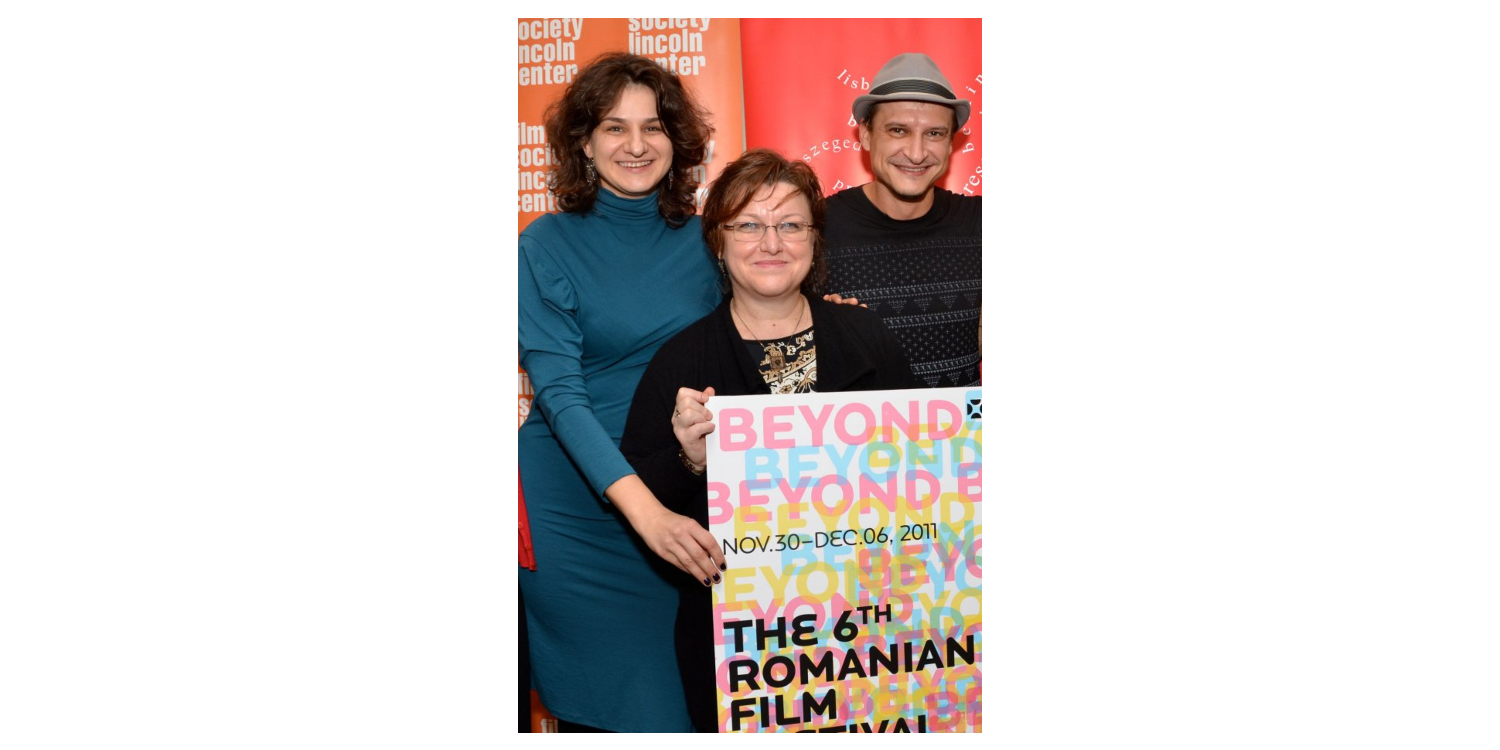
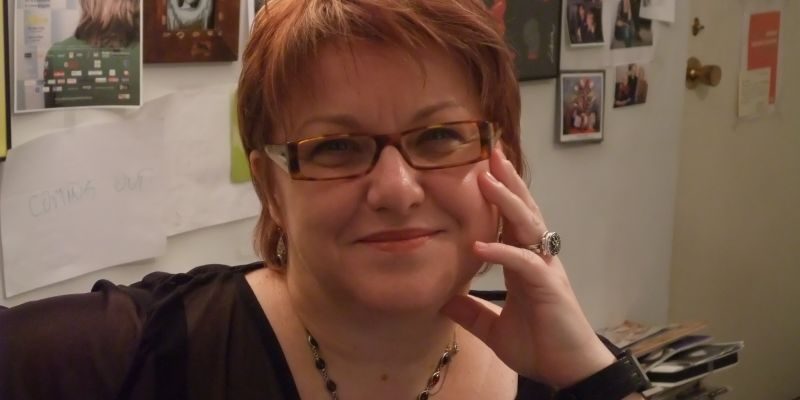
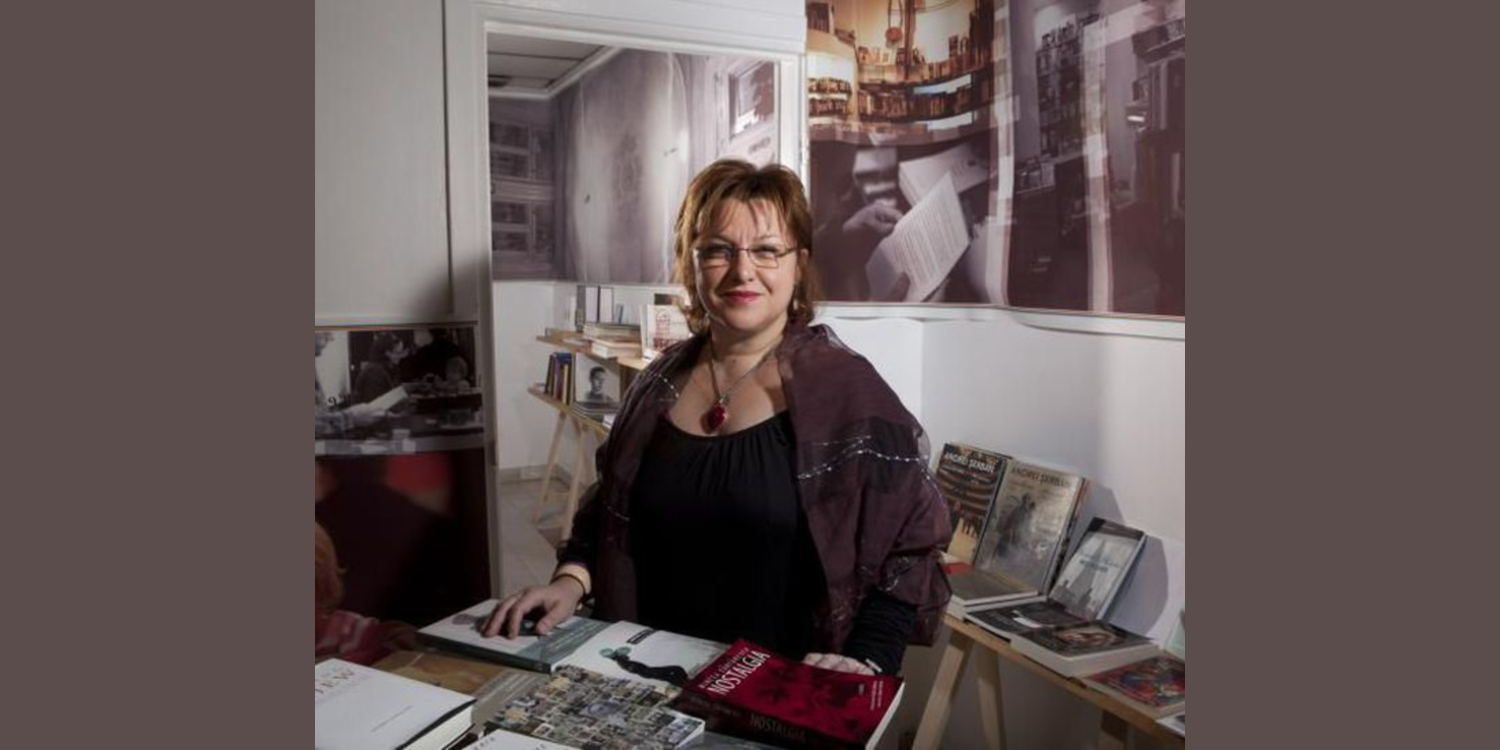
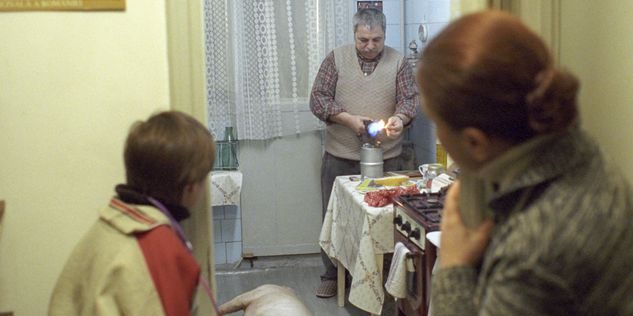
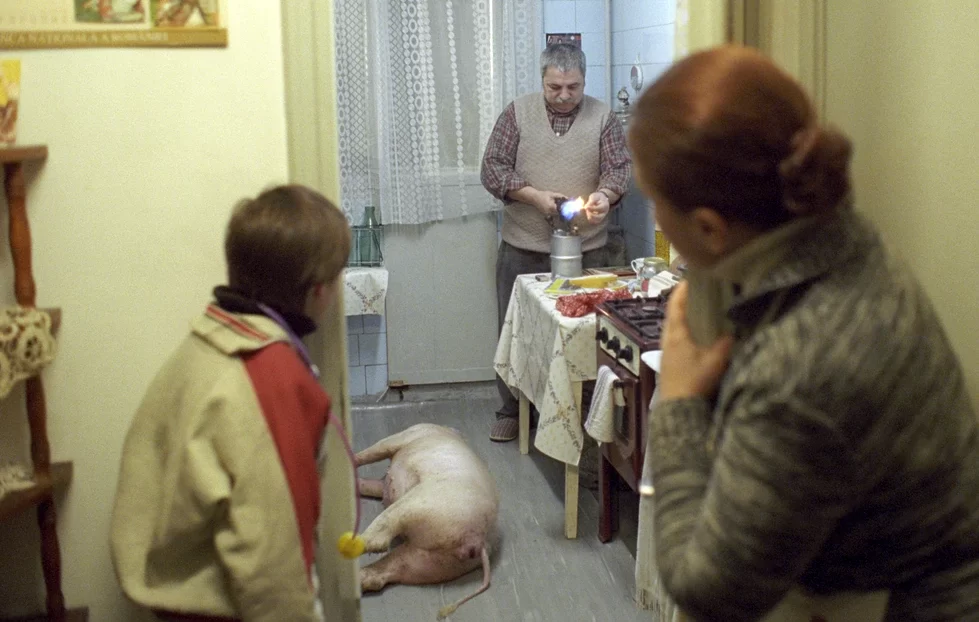
Un lapsus al lui Cristian Mungiu
Într-un interviu recent la B1, discutînd despre deosebita vizibilitate pe care noul val din cinematografia românească a adus-o României în ultimii ani, regizorul Cristian Mungiu deplîngea faptul că nici o instituţie a statului nu a înţeles că trebuie să susţină în mod constant, coerent şi semnificativ reuşitele cineaştilor şi să consolideze această fereastră de oportunitate pe care filmele autohtone, atît de premiate şi de mediatizate internaţional în ultimii ani, au deschis-o imaginii României în lume.
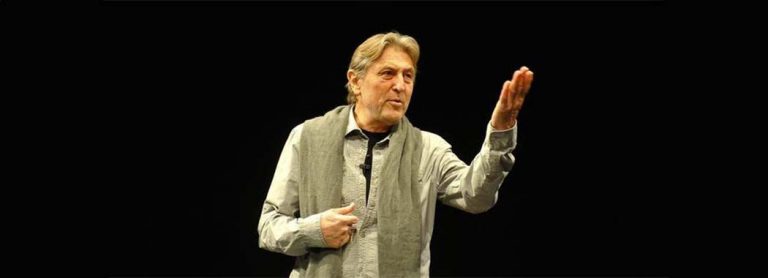
ANDREI ŞERBAN AND THE TRAVELING ACADEMY: ABOUT CREATIVITY AND THE INNER SELF
In 1990, immediately after the fall of communism, Andrei Şerban
arrived in Romania from the United States. He was invited at the time to
become managing director of the National Theatre in Bucharest. Şerban
eagerly accepted the offer and soon took over the difficult challenge, perfectly
aware that there was much to be done and that the results had to be both
immediately visible and quantifiable in the long term. He was ready to try to
reshape the post-communist Romanian theatre and give it a new form and
creative energy, capable of nourishing fresh beginnings. He stubbornly strove
to turn this energy into the seeding ground for a decontaminated emotional
life to be offered to the people of Romania, who had been so alienated and
enfeebled by their totalitarian past.
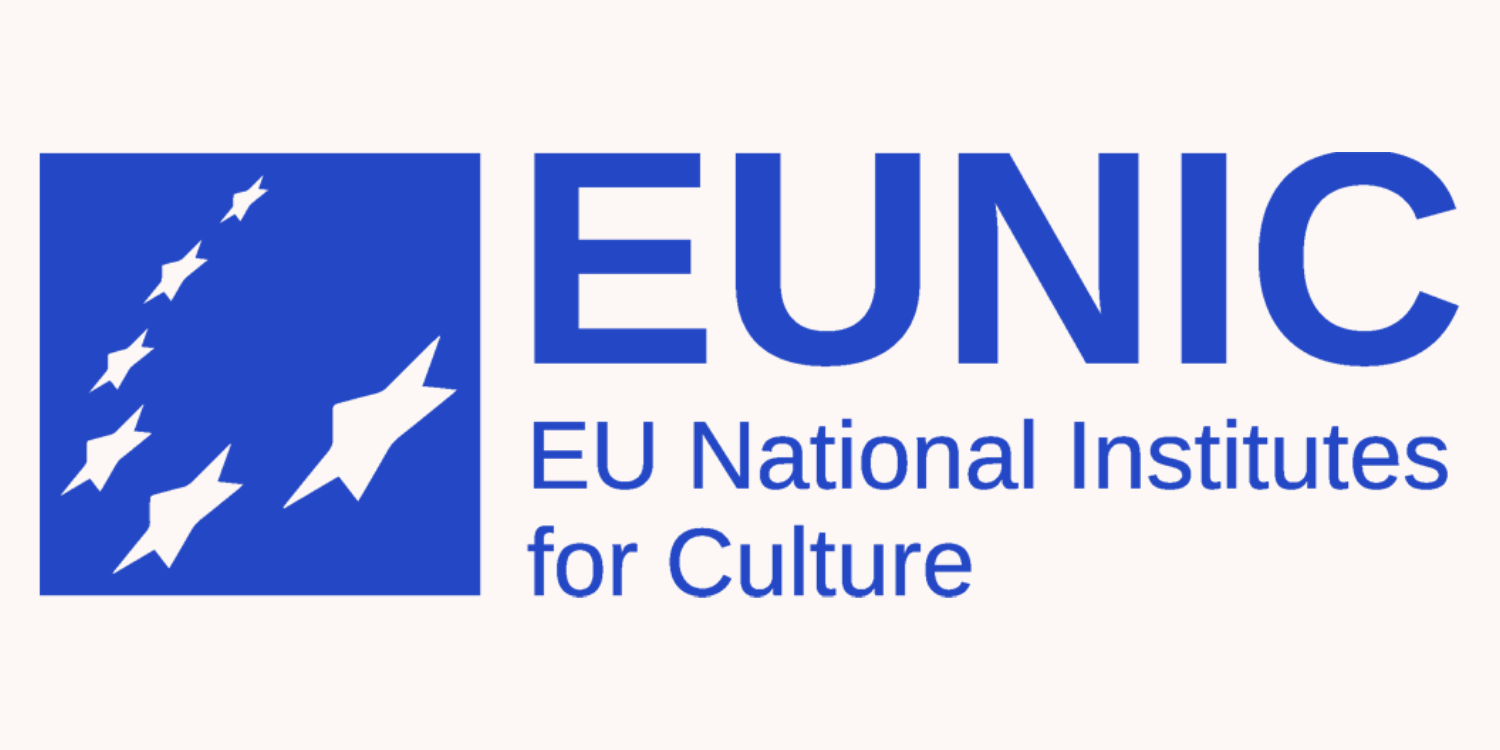
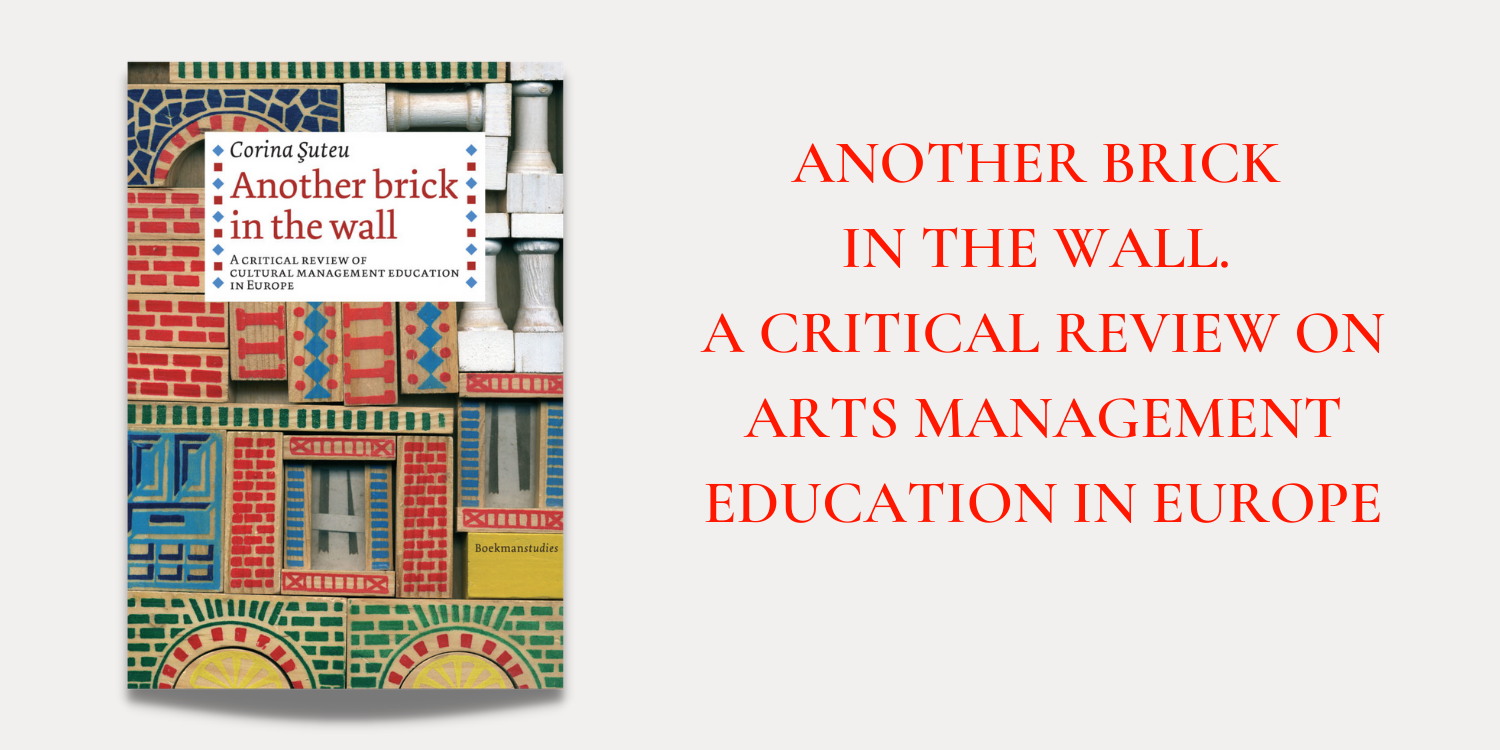

Arts Don’t Have to Know How to Behave – A Commentary on Street art in Contemporary Urban Surroundings
From the outset, the issue of street art, as presented in the
following pages, will be considered more in its creative dimension
than in its political one. The interest of the ideas explored lies in
knowing how much today this kind of art is part of a more general
resurgence of a wider creative process. Also, the perspective
chosen as well as the style (an ad hoc commentary using direct
observation of street art practices and set in a general historical
context based on cultural studies in Europe) are aimed at pinpointing
some critical landmarks and at paving the way for further
comments and ideas.
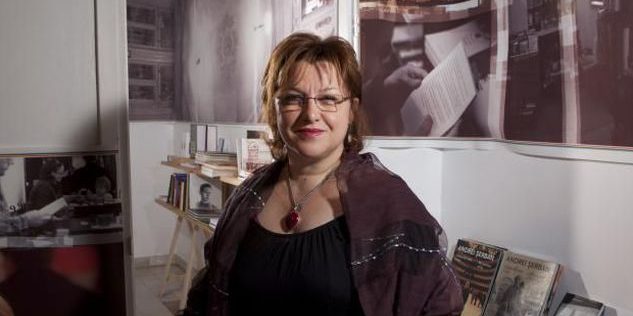
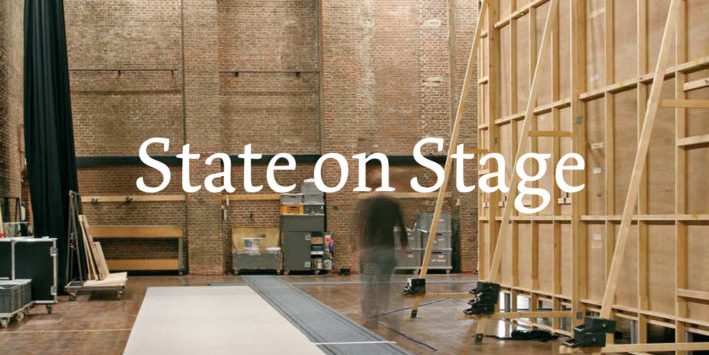
State on Stage – The impact of public policies on the performing arts in Europe
Government support for the Performing Arts in EU member states.
Experiences, perspectives, best practices.
International Conference on behalf of Pearle.


New York–ul din mine.
New York este un oras in care intri asa cum ai intra intr- o carte buna. Primul lucru pe care il simti este un fel de tremur interior, foarte intim , greu de transmis in cuvinte. O bucurie a intilnirii cu ceva neasteptat, care te scoala din orice letargie, te surprinde si te inhata fara sa ai timp sa te aperi.
Orasul pare ca un val urias, iti pica in fata si te da peste cap, dupa care, cind iti recistigi echilibrul, te poarta in suvoiul unei energii teribile, orice impotrivire fiind imposibila.

The art of making choices and the choice to work with the arts
Policy choices when heading an already existing art organization are difficult to make and even more difficult to keep. And they have to be made quickly and clearly because in arts and culture, like in business, the quicker one gets the lot!

The Year of Intercultural dialogue – a challenge for Romanian democratic practices
In February 2008, just at the moment when programs of the year of Intercultural dialogue were
launched in Romania, one of the national representatives in the EU parliament, Ioan Mircea
Pascu, was expressing his indignation about the programming of ‘California Dreaming’ as part
of the Parliament’s film festival dedicated to this very issue.
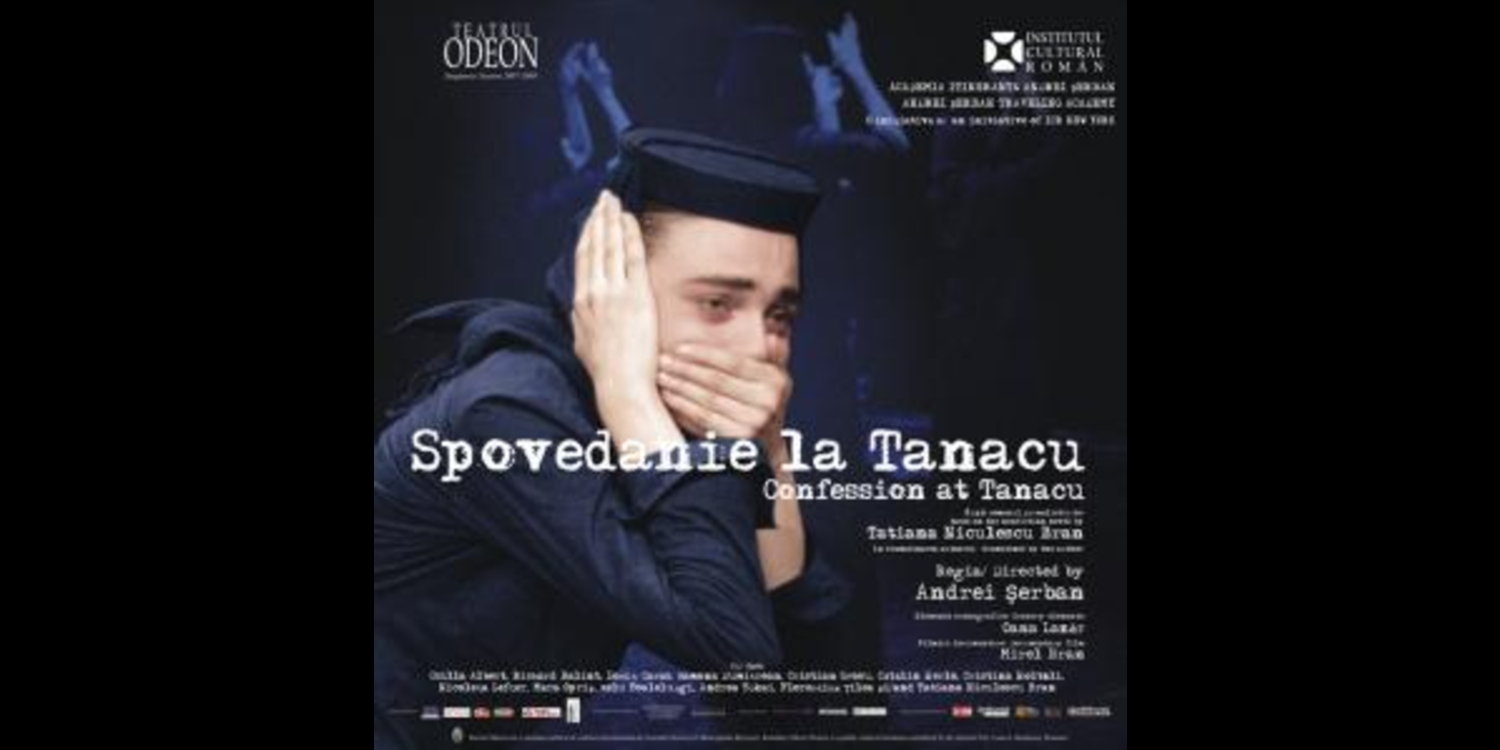
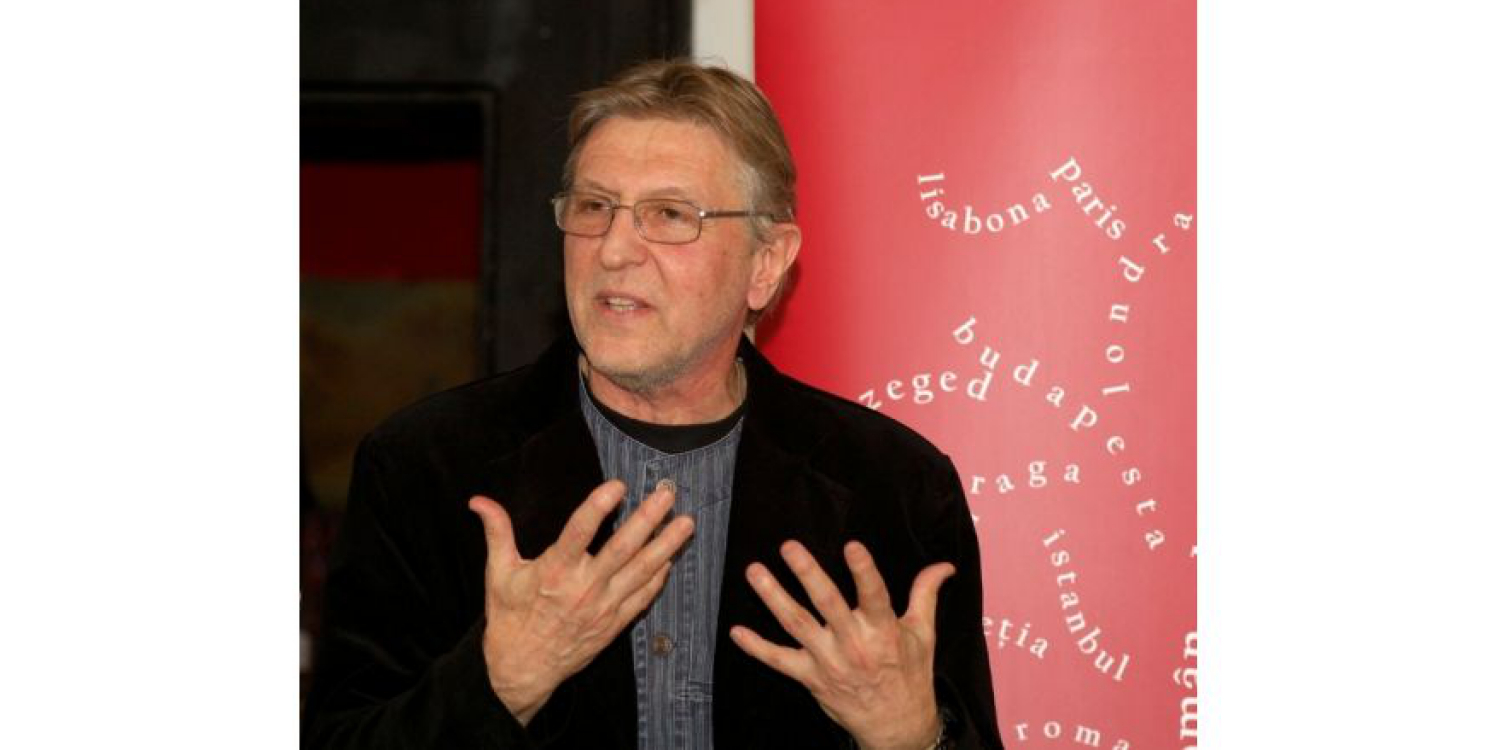
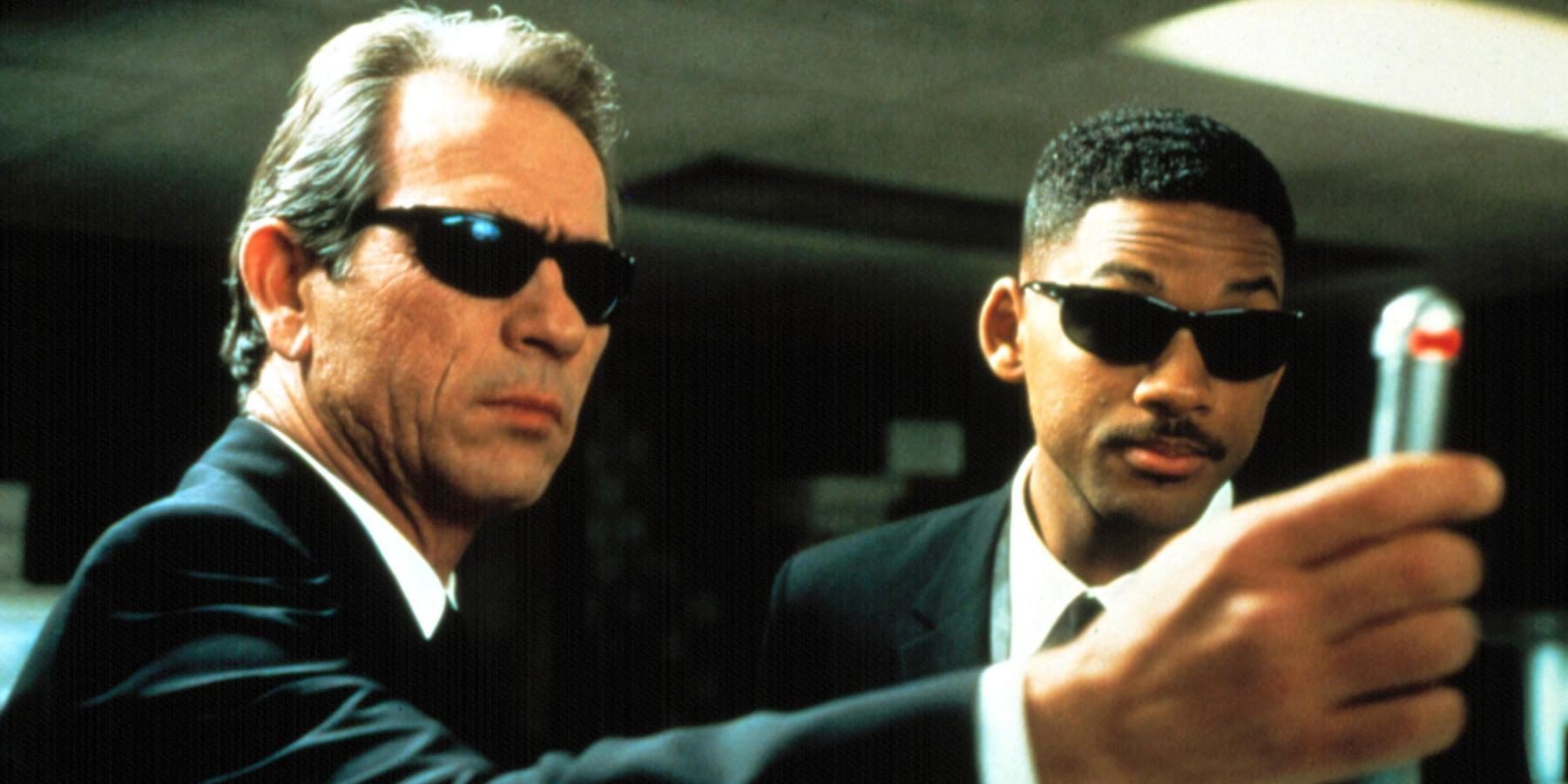

The Necessary Awakening
Since the fall of communism sixteen years ago, few issues regarding the development and orientation of European cultural policy have achieved consensus among informed analysts. However, most accept the idea that 1990 marked not only the end of post-WWII division between Eastern and Western Europe, but also a radical, tangible shift in the ways European public administrations approach involvement with cultural affairs.
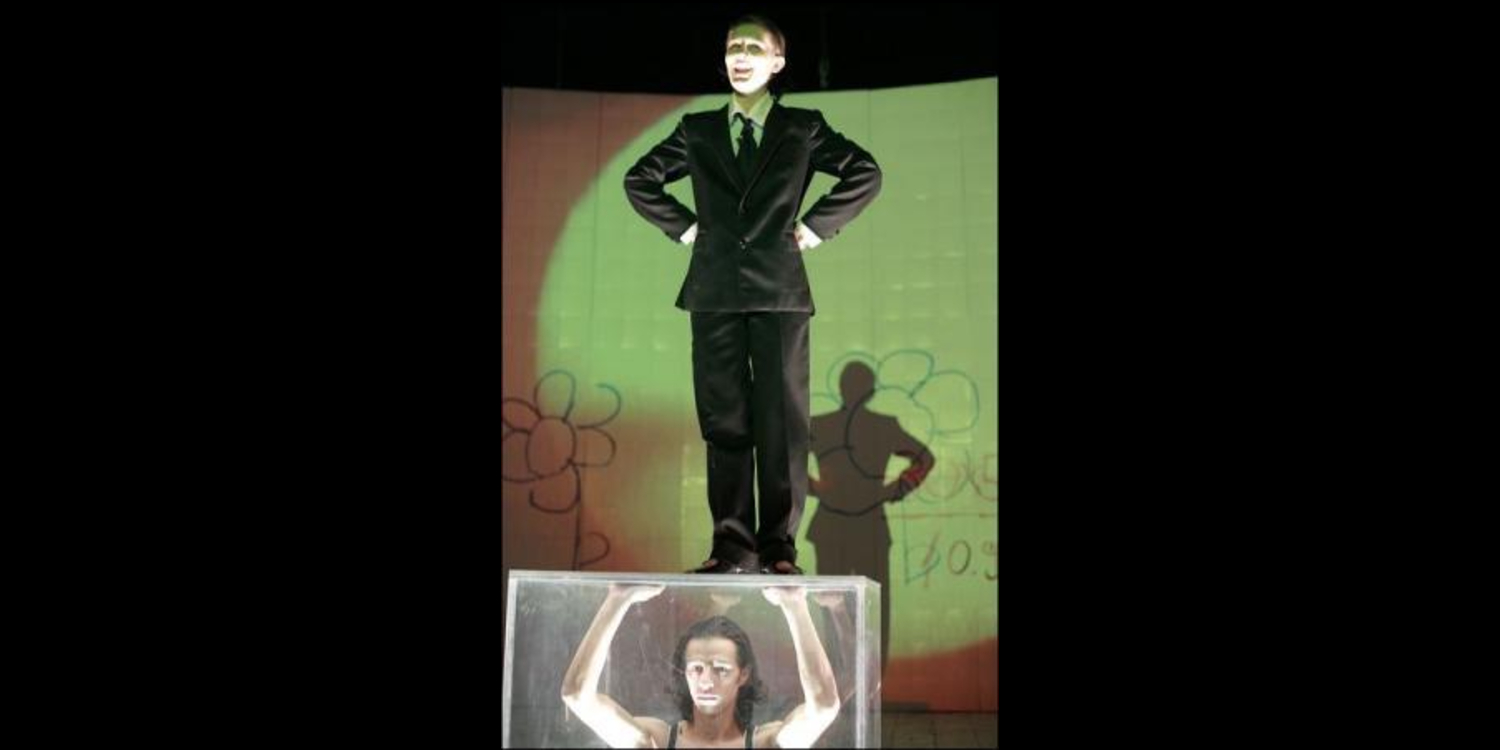
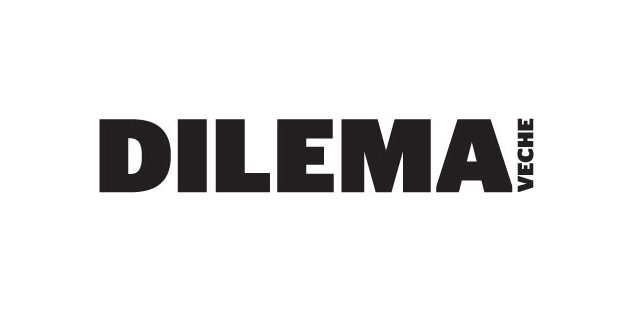
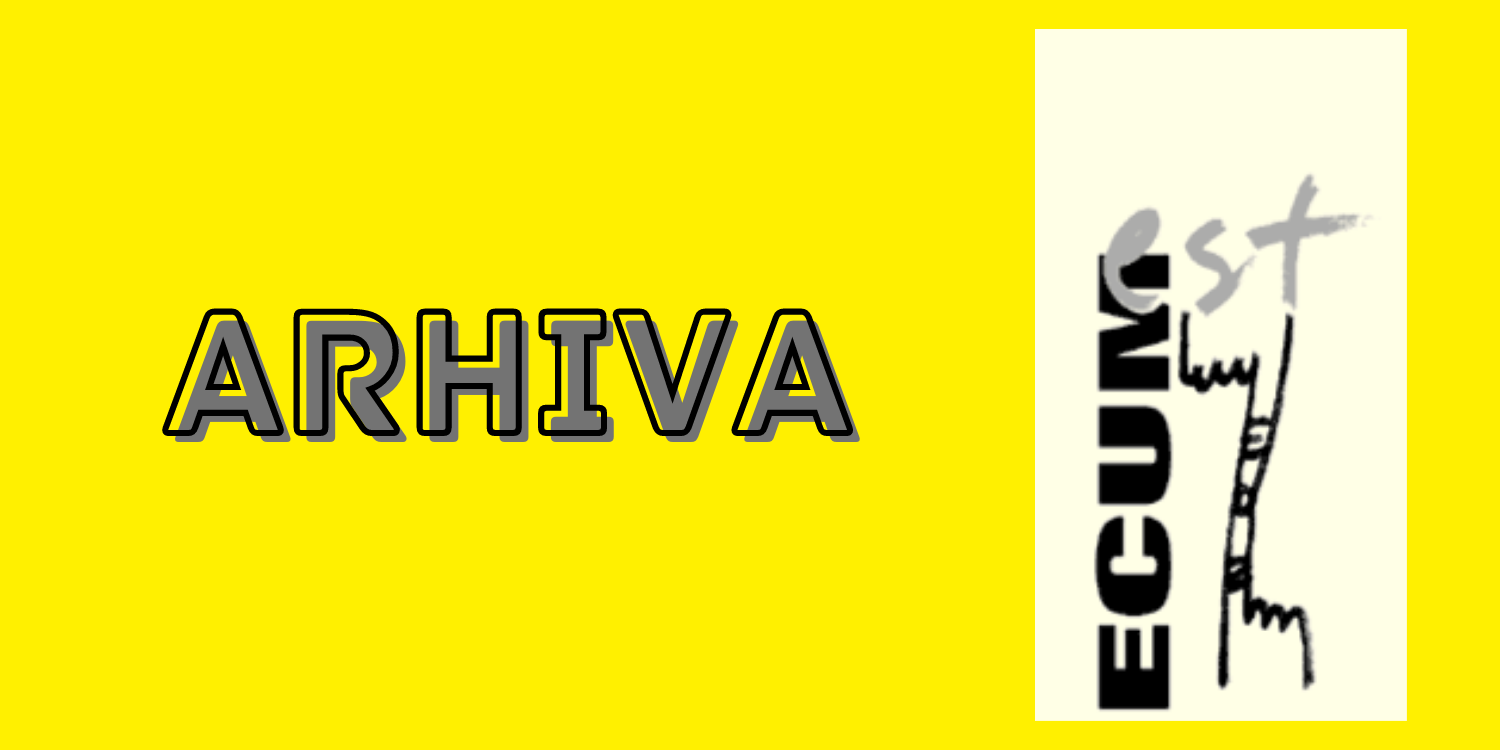


Not afraid to be an Alien
For having being involved in networking activities for 15 years now, I heard much about the post networking ‘era’ and about the imminent collapse of European networks. Well, that was a wrong hypothesis and it seems even more so if we consider that European cultural networking succeeded in changing, in a radical way since the 80’s, the stiff diplomatic vocabulary and the sometimes too conservatory cooperation practices of cultural and artistic interaction. TransEuropeHalles is, in this respect, a brilliant example of networking reshaping and reinvestment (I do not believe there are even other cultural networks in Europe that had 60 meetings since their foundation).

Keynote > Are there collectively held values in learning which are recognized in , and shared by, several cultures while remaining respectful of cultural distinctiveness ?
In a book published in 20002
, the French sociologist and philosopher Edgar Morin is underlining
the need to produce a context for new humanistic studies, based on two complementary and
antagonistic pillars: the integrated study of sciences and of humanities.

Note on the type of products and distribution networks that could be used on behalf of the Council of Europe’s initiative “Cultural identities and shared values of citizenship”
The following note intends to draw a synthetic picture of a number of elements and proposals that could render more effective the Council of Europe’s initiative in the field of ‘cultural identity and shared values of citizenship’.
An informed observer would start by addressing, however, a couple of critical aspects that render this task less easy and appealing than it might seem.

Special issue on Cultural Policies in CEE > Policy Warning and Forecast Report
“ We are at the beginning of a new era, characterized by great insecurity,
permanent crisis and the absence of any kind of status quo (…) There are no
victors and no defeated powers today, not even in Eastern Europe”- “In from the
margins”, Council of Europe report, 1997, quote at the beginning of chapter “The
geopolitics of culture”

Cultural policies in transition, the issue of participation and the challenge of democracy
The direct and indirect effects that cultural policies had on the development of Western
European societies after the Second World War is one of the issues that the cultural
community has to deal with today.2
In order to understand how the cultural sector in the
post communist countries of South East Europe tackle this issue, as they struggle to
reinvent and to reposition their cultural policies on their government agendas; in order to
understand which traditional, but also which new instruments they employ and why; the
degree of inspiration they receive from western models; and last but not least, how
cultural policy is contributing to the design of new democracies, this article will attempt to
offer some keys, based on the broad and surprising experience of the Policies for
Culture programme (2000-2004), as well as on the broader background.3

Challenges of Cultural Cooperation in Southeastern Europe: the Internationalization of Cultural Policies and Practices
The cultural cooperation logic marking the last 14 years in Southeastern Europe (SEE) has to be
regarded from a broad perspective as driven not only by the consequences of the collapse of the
communist institutional order, but also as a result of the general transformations taking place at a
European and international level: the challenges resulting from the liberalization of markets,
globalization processes and technological revolution (new technologies, information support for
knowledge, deepening inequality North/South, the redefinition of the role of culture and the
growing tendency towards transversal governance, replacing the pyramidal paradigm of
authority).

Born in Illyria or “How to build cultural cooperation with (South ) Eastern Europe”
It was two days after the first of May glittering EU enlargement ceremonies
ended. As usual before one of my trips to somewhere in Europe, I was taking the
taxi in Nantes and saying bye-bye in Romanian to my sixteen year old daughter,
who, despite her French schooling, still speaks her mother tongue pretty well.
As I prepared to leave, the young French taxi driver looked on with what I
thought to be the average curiosity that we are now so used to, after ten years of
‘where does your accent come from?’ and, ‘what is your nationality, Madame, if
I am not too indiscreet…?’

Cultural Policy Curriculum Development & Mobility Support for Lecturers in Central and Eastern Europe
MOTTO: ‘Cultural policy does not yet exist as a clearly defined area of study with
agreed research paradigms and methodologies. It rather comprises a loose
articulation of work emerging from different disciplinary origins – from arts
management, communication studies, urban studies, cultural studies, cultural
economics – and is not yet able to readily identify how its different parts add up
to a cohesive whole’ (Tony Bennett, Colin Mercer: ‘Recasting Cultural Policies –
Improving Research and International Cooperation in Cultural Policies’, 1996)

Despre necesitatea unui statut special al artistului. Exemplul ţărilor postcomuniste
Dacă în mod obişnuit încercăm să găsim motivele caracterului de “în afara normelor” al profesiunii de artist din perspectiva trăsăturilor distinctive între profesiuni zise “normale” şi profesiunea artistică3, cu toate acestea, o altă analiză, mai convingătoare şi mai subtilă, poate fi avansată. Ea pleacă de la următoarea întrebare: care este munca furnizată de artist şi pentru care este remunerat? Cum definim profesiunea unui artist?


The empowerment of civil society agents in new democracies
The notion of civil society and the emergence of an effectively democratic civil sector in post communist countries is in the centre of the present argument.
New cultural policies should be , in former communist countries, designed according first and foremost to the axiomatic lack of democratic behaviour that these societies are showing still now and focus very strongly on the civic empowerment of the individuals that are independent opinion leaders.
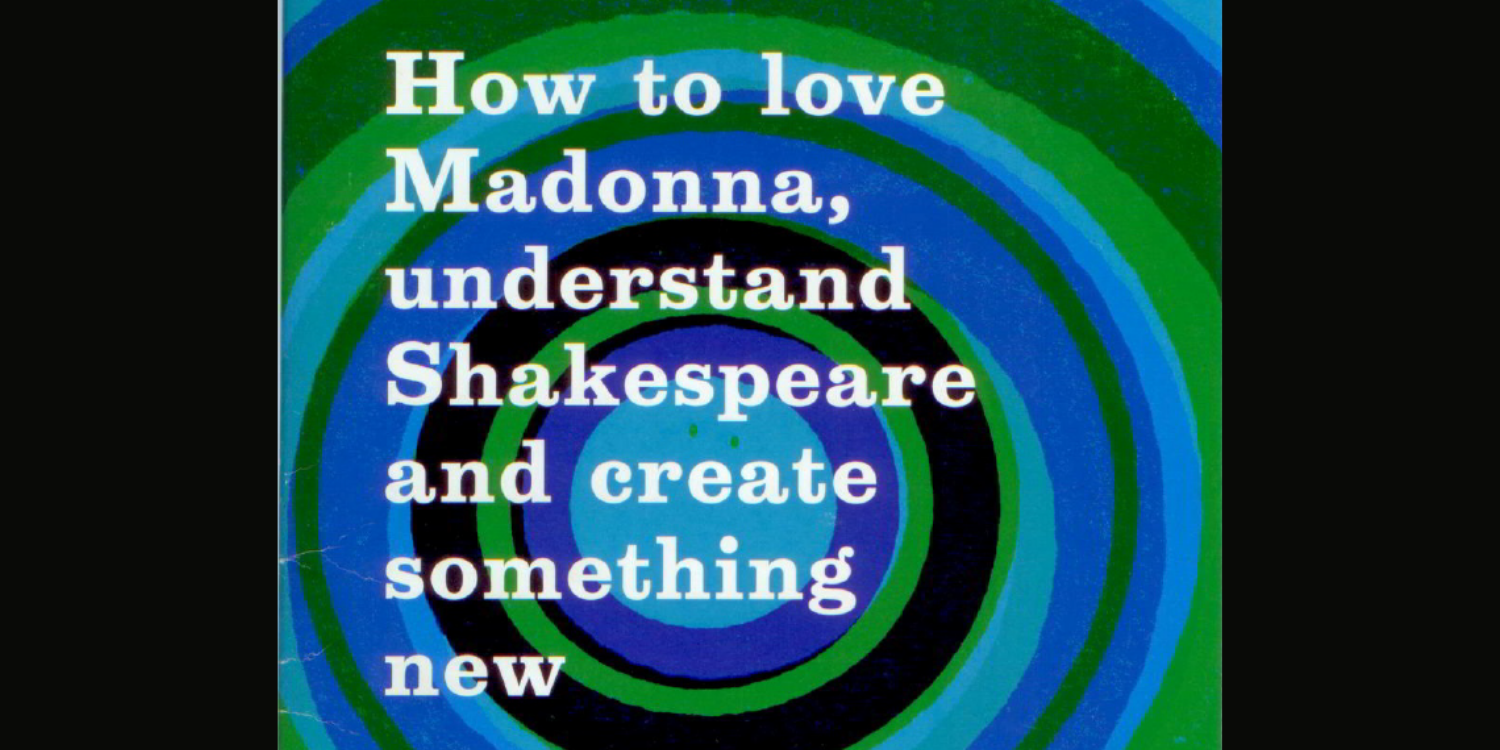
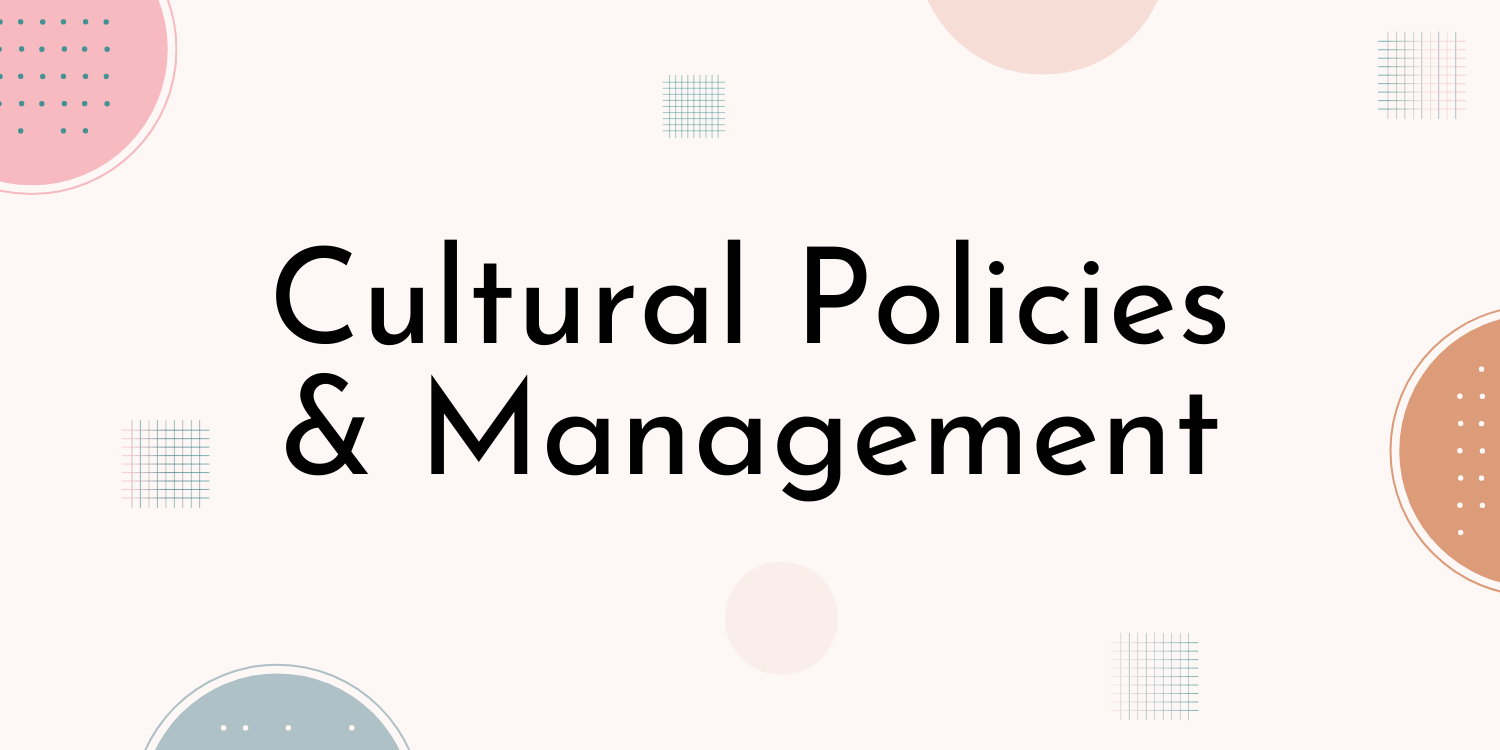
The cultural policy and the artist or how to build in SEEurope “a sample continent for the innovation principle”
In his book published in 2002, “Portrait of an artist as worker”, French sociologist Pierre
Michel Menger is developing an interesting theory that places the artist and the specificity of
his type of labour as a symbol of the new kind of relationship established by the modern
world between the individual at work and his environment. He is stating that the image of the
artistic creativity is today more and more perceived as a crucial factor in the universe of
productivity, and the very special status and characteristics of the artistic work: dealing with
complexity, being innovative and autonomous, flexible and mobile corresponds more and
more to the requested profile of the new man at labour in the western society. Arts are for
Menger “laboratories of flexibility” and the artist’s type of labour profile embodies the profile
of the modern worker.


Academic training in cultural management in Europe: making it work
The following paper will only address a limited part of the complexity of issues
related to the academic training in cultural management regarded from a comparative,
European perspective. Its aim its to highlight a number of key topics of concern and offer a
broad perspective to further specialized debate. The perspective chosen is related in many
aspects to the author’s background. As director of a MA course in European cultural
management for the last eight years, but also as cultural operator in Europe, she is very much
aware about the importance of the present momentum to revise and reshape the reflection
dedicated to a discipline that only academically gained generalized legitimacy ten to fifteen
years ago in the whole of European countries.

Cultural Institutions after 12 years of “New Democracy” in Central and Eastern Europe
Social exclusion disempowers people. It deprives them of access to
experience of the arts – when faced, as a substantial number of
people in Eastern Europe have been, with stark choices of
survival, going to the theater or cinema can hardly be expected to
be on their list of priorities. International declarations on access to
participation in cultural life are academic to those living in
poverty.1

Cultural Institutions in Transition
Cultural institutions worldwide face new challenges to their financial sustainability, their organizational structures and their social relevance. This is particularly true in the European countries and the former Soviet Union. While the political and social changes in these regions differ greatly, the effects of economic liberalization in its many forms have fundamentally altered the context in which cultural organizations operate. With this context in mind, the Salzburg Seminar proposed that the J. Paul Getty Trust and the Seminar might jointly explore ideas for a program that could meet the needs of European cultural institutions.
